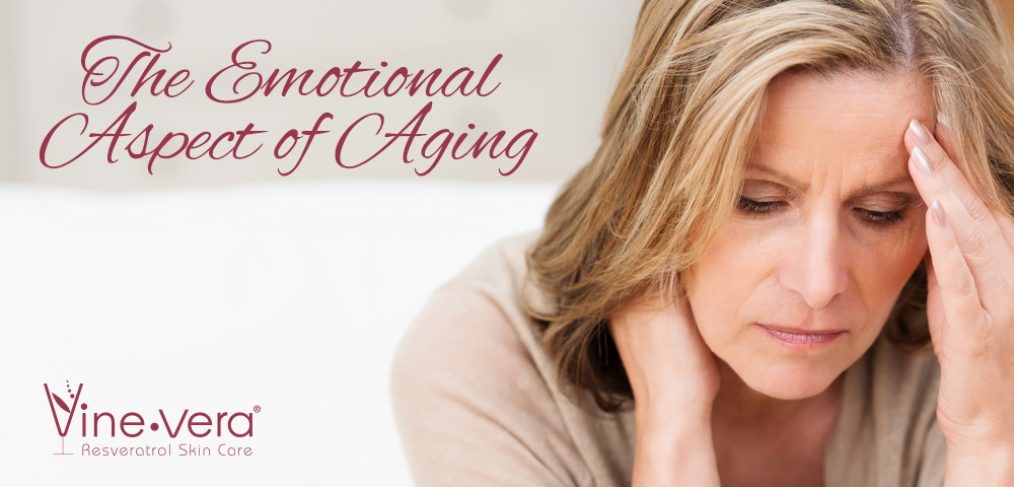
The Emotional Aspects of Aging
People are living longer than ever, in fact according to the American Psychological Association, “people 65 years of age and older are the fastest-growing segment of the U.S. population.” The increasing number of older individuals is not limited to the United States; the Baylor College of Medicine Huffington Center on Aging states that “…by the year 2025, Japan is expected to have twice as many old persons as children.” Further, Baylor says that by 2025, there will be a global population of old people that exceeds one billion. Aging is not only a physical process, it is also emotional for both those who are aging and those who love an aging individual. Learn more about emotional aspects of aging below.
Emotions Due to an Uncertain Future
One of the most commonly experienced emotions in aging adults is fear. During the aging process, the inevitability of death becomes increasingly real and this realization can be a major source of uncertainty and dread. Death stirs up a myriad of feelings and some of the most frequent anxieties older adults face are:
- Will I lose my memory and brain function?
- How long will I be able to remain independence?
- Will I be able to stay in the comfort of my home?
- Will my life still have meaning if I am no longer able to take care of myself?
- What will happen to my family if/when I die?
- For many, financial concerns are a source of stress for their entire lives, but these worries only increase among aging adults. Many adults live on a fixed income and the thought of increasing medical costs can be scary and stressful.
Another source of fear for aging adults is that they will not receive fair medical care, and unfortunately, age discrimination in modern healthcare happens frequently. Older adults may be interested in trying alternative therapies or proactive and preventive health treatments, but doctors or other health professionals may resist because “that’s just how aging goes,” or “old people are supposed to be sick.” Proper medical care, including mental health treatment, may not extend a loved one’s life forever, but it will make the emotional and physical aspects of aging a bit easier to deal with.
How to Positively Approach Aging for Better Mental Health
Many fear the aging process; fine lines are wrinkles become the least concerning of all as women and men age. To approach aging with a positive attitude may seem difficult, but it doesn’t have to be. The Baylor College of Medicine suggests envisioning the future can help prepare one emotionally and physically for the aging process. They suggest engaging in prospective aging, which is accomplished through looking forward 40 to 50 years in the future and reflecting on healthy habits for healthy aging such as:
- Exercising three to five times every week
- Following a nutritionally sound diet
- Coping with stress and illness effectively
- Engaging in healthy lifestyle choices such as not smoking and drinking alcohol in moderation
Prospective aging aims to bring to light changes that can be made immediately to better help people prepare for aging. The most effective way to handle the aging process is to plan for the future while living the present. In order to do this, the Mayo Clinic suggests that people participate in the following steps to approach aging with more positive associations:
- Stay mentally active – crosswords, sudoku and puzzles are all great ways for the elderly to improve mental function
- Socialize regularly – having a circle of support adds emotional feelings of security and contentment
- Eat a healthy diet – a diet that is nutritionally valuable arms the body with essential vitamins, minerals and other nutrients for a more graceful and healthy aging process
- Manage chronic illness – be proactive and manage any illness to the fullest extent possible to avoid further complications or subsequent illness
Aging is often associated with a hint of negativity, and that increases emotional responses that focus on fear, stress and depression. Try prospective aging by imagining the future 50 years from now and reflecting on those positive steps to aging from the Mayo Clinic. Taking care of health today leads to a better, healthier and more joyous tomorrow.



